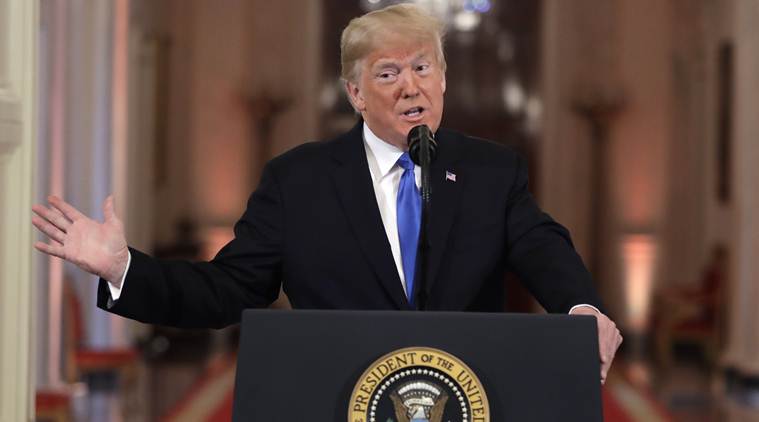The United States Secretary of State, Marco Rubio, has enacted a sweeping pause on foreign aid, aligning with President Donald Trump’s “America First” agenda. In a memo to the State Department, Rubio directed an immediate freeze on new funding and extensions of existing awards pending an 85-day review. The order affects a wide spectrum of US assistance, including development aid and military support. Exceptions have been granted for emergency food aid and defense funding for Israel and Egypt, which have long-standing strategic partnerships with the US.
This directive follows Trump’s executive order halting foreign development assistance for 90 days, a move criticized by lawmakers as overreaching Congress’s budgetary authority. Critics warn that the freeze could prompt partner nations to turn to US rivals, undermining American influence abroad. The United States allocated over $64 billion in foreign assistance in 2023, making it the largest global donor in absolute terms.
Vital Programs at Risk
The pause jeopardizes critical programs such as PEPFAR, which has saved 26 million lives by providing anti-retroviral drugs to combat HIV/AIDS. Similarly, US-funded anti-malaria efforts supporting 63 million people could face disruptions. Abby Maxman, president of Oxfam America, highlighted the life-or-death consequences of halting aid for health services, education, and poverty reduction in developing countries.
PEPFAR, a bipartisan initiative launched in 2003 under President George W. Bush, is credited with drastically reducing HIV/AIDS-related deaths, particularly in Africa. Rubio’s memo, however, has suspended funding for such initiatives, with only administrative costs and salaries temporarily allowed.
Read More: Awami League’s Future in Question Amidst Political Reforms in Bangladesh
A USAID official disclosed that officers managing projects in Ukraine, including health assistance and school support, have been instructed to cease operations. These measures have drawn criticism for fostering “manufactured chaos,” potentially halting life-saving activities like childhood vaccinations and maternal care.
Strategic Exceptions and Criticism
The freeze notably exempts military aid to Israel and Egypt, which receive $3.3 billion and $1.3 billion annually, respectively. US contributions to Israel have expanded following the recent Gaza war. Egypt, a significant ally since its 1979 peace treaty with Israel, continues to benefit from US defense funding.
Emergency food aid for crises in Gaza, Sudan, and Syria has also been permitted. Despite these exceptions, critics argue the freeze undermines US commitments to global development and humanitarian efforts. Representative Gregory Meeks and Lois Frankel stressed that over 20 million people depend on PEPFAR medication alone. They vowed to ensure Congressional oversight of foreign assistance.
Global Implications
The halt in aid coincides with a ceasefire in Gaza and growing humanitarian needs worldwide. Observers warn that delaying assistance could erode trust in the US as a reliable partner. Historically, the US has leveraged foreign aid to counter the influence of nations like China and Russia, emphasizing its commitment to development over resource exploitation.
While Rubio, a previous supporter of development aid, justified the pause as necessary for evaluating program efficiency and alignment with Trump’s policies, critics remain unconvinced. “This freeze will only create gaps that adversaries are eager to exploit,” said an anonymous Congressional source.














